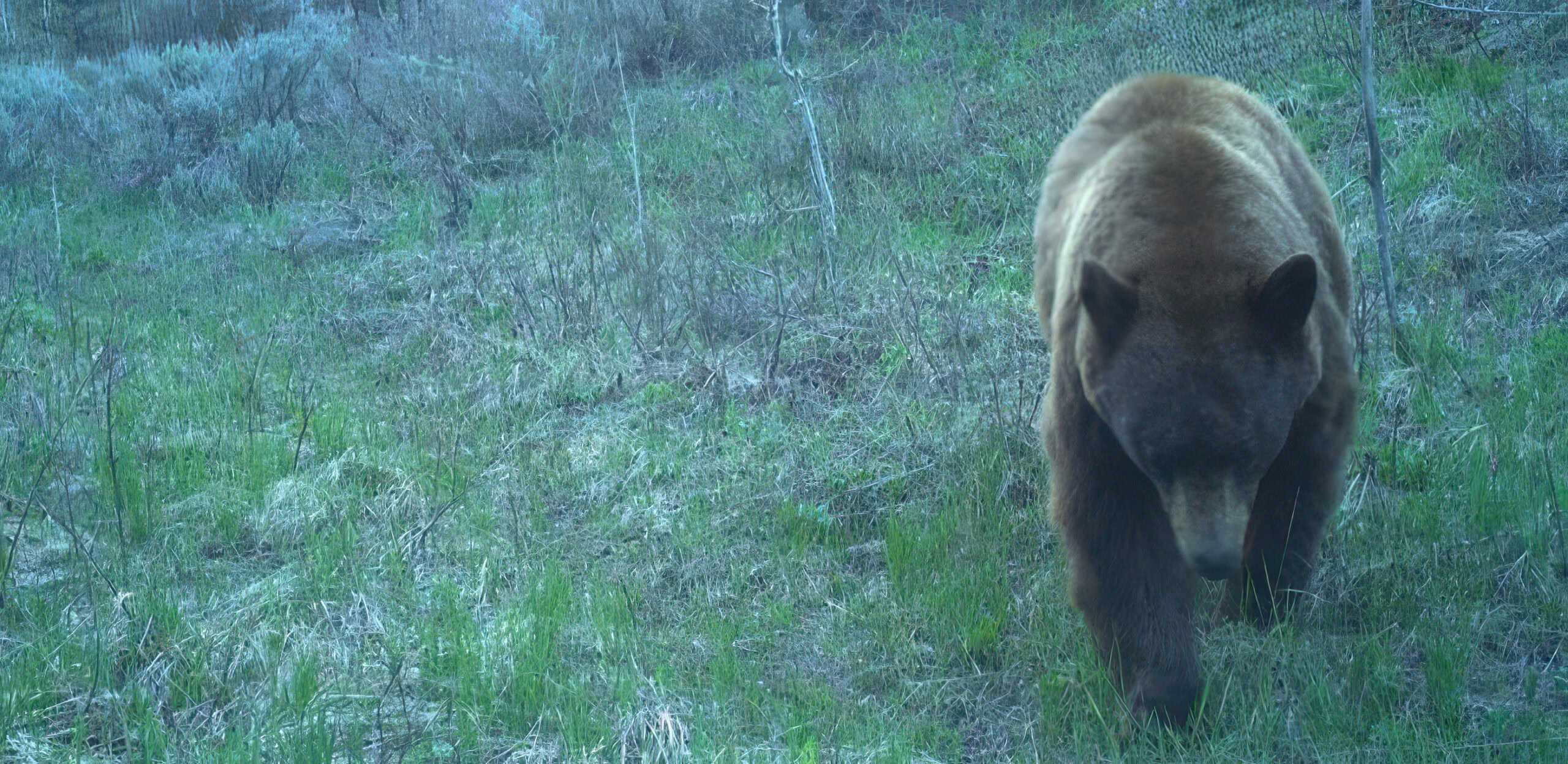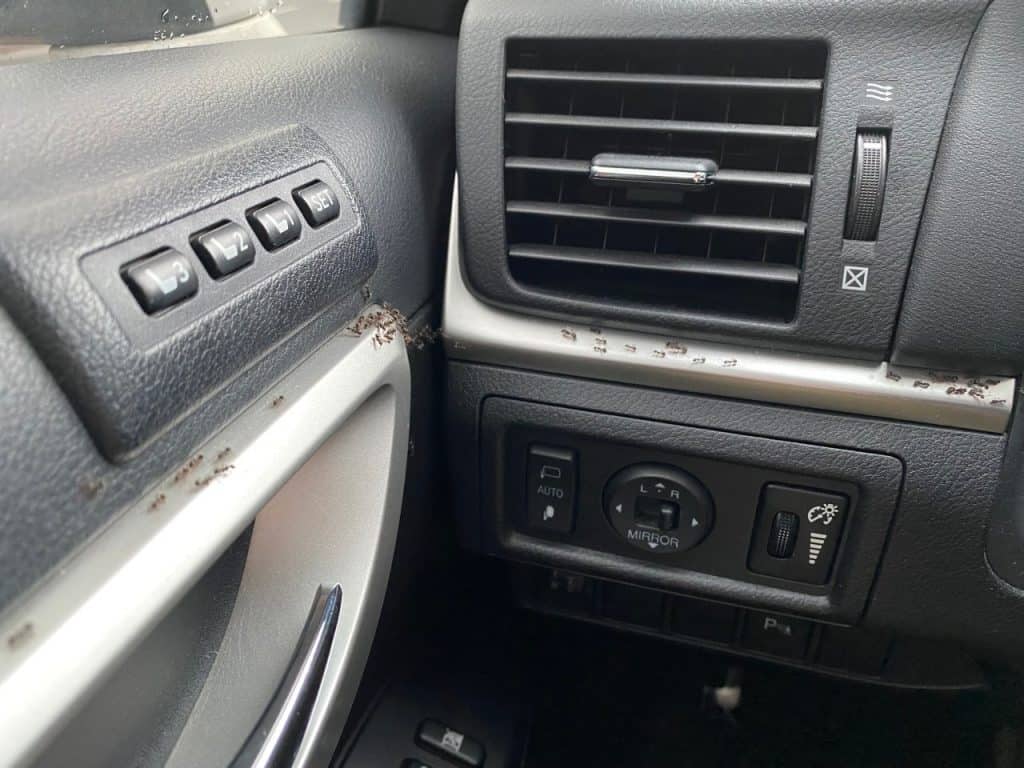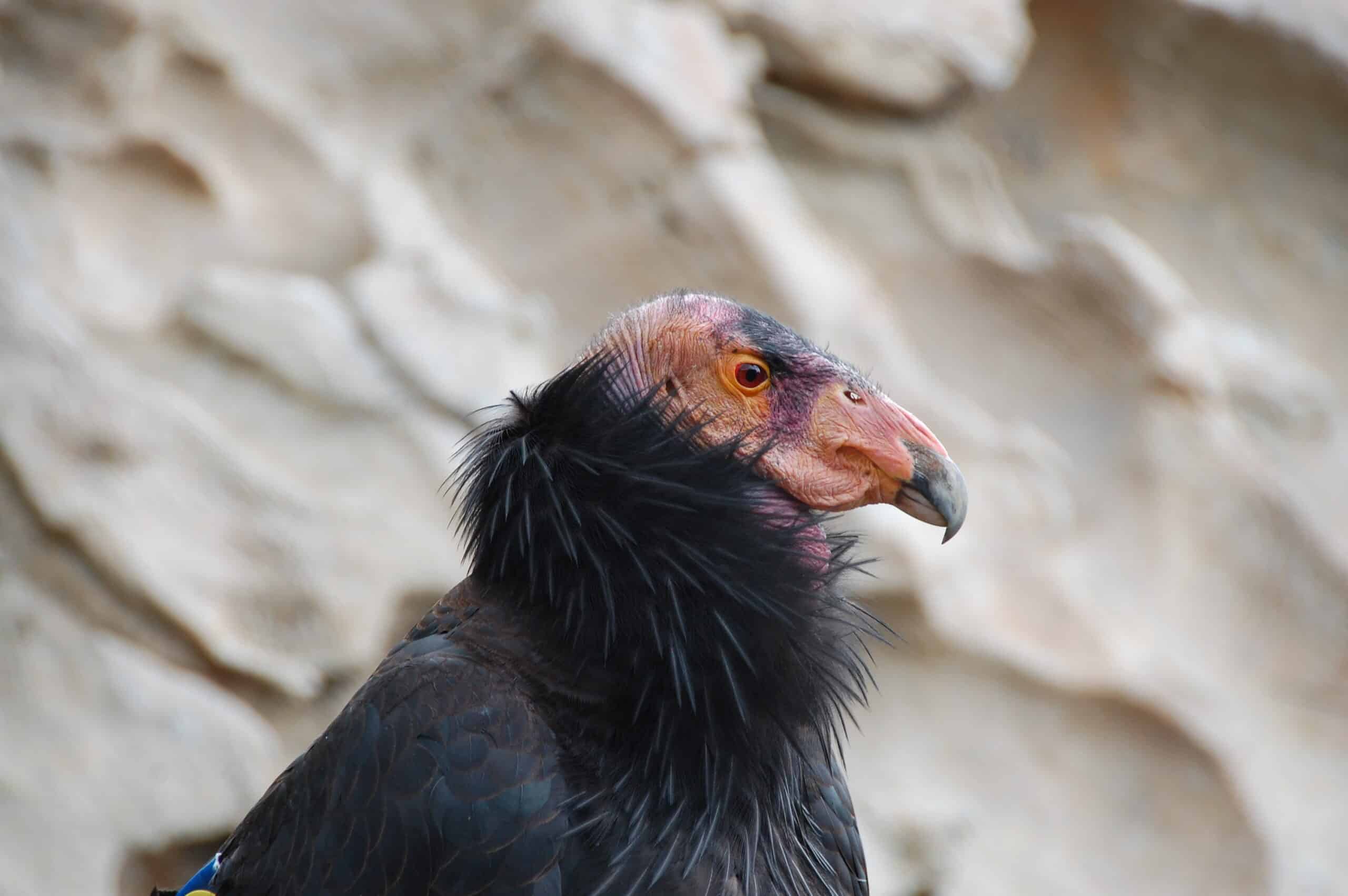Share this article
TWS proposes overhaul of bylaws
Other than a few minor amendments here and there, The Wildlife Society’s bylaws haven’t had any major revisions since the 1970s. But as times have changed, and the way the Society and its organization units work together has changed, TWS leadership and staff have rearranged and updated proposed bylaws that members will vote on in the upcoming election opening June 1.
“Bylaws are a core element, essential for the governance of the organization,” said Cameron Kovach, The Wildlife Society’s director of operations, who worked on the subcommittee to change the bylaws. “They’re the nuts and bolts for what the organization is and how it functions.” These rules of governance drive key elements of the organization, such as the society’s core principles, how the society runs, what members can vote on and more.
The Society has three important documents that help it run properly — the D.C. corporate codes for nonprofits, the articles of incorporation that establish TWS’ purpose and legal identity, and its bylaws. But TWS hadn’t done a complete comprehensive assessment of the document in the past 30 or so years, and 14 amendments were needed just since 1970 to keep bylaws current, even if it was just to change an election deadline from one month to another, which occurred in 2018. Eight revisions were made before 2000 and nine after 2000.
In 2018, TWS staff and Council began hearing about issues regarding things like organization units having trouble opening bank accounts, student chapters having trouble forming and member confusion regarding Council elections.
Realizing that many of these problems began in the organization’s bylaws, Past President Gary White tasked a TWS subcommittee with making changes to the document. “The committee worked very hard on these changes over last several years,” said TWS President Carol Chambers. “This is something that has had a lot of discussion and thought go into the changes.”
Draft bylaws were sent to and reviewed by TWS section and chapter presidents, working group chairs, TWS past presidents, Heritage members and Aldo Leopold Memorial Award winners for their review and comment. The committee then worked to reflect their ideas and concerns.
The changes, both subtle and substantial, were made to ensure the Society is following any updated laws and standards for nonprofit organizations and to make sure it can operate as smoothly as possible. Those changes included rearranging the framework, correcting its content and making minor language changes.
“This is one of the largest, if not the largest change, in the bylaws,” said Evelyn Merrill, the Canadian representative to Council and a subcommittee member. “The major motivation was to keep [the Society] flexible and legal.”
The subcommittee determined that many things in the bylaws should be removed and would be better off in separate documents. The committee decided it would be best to remove small procedural items from the bylaws, such as when a meeting of Council could happen. Since everything in bylaws requires a membership vote, making needed procedural changes could often take up to a year.
Under the current proposal, procedural information contained in current bylaws would be moved to a Procedures manual overseen by Council. Procedures could be modified by Council on a more timely basis. Bylaws would remain a foundational, governing document of TWS that can only be modified by a vote of TWS Members.
The explanation of the purpose of the organization at the very beginning, or Article I, of the bylaws also represents another major proposed change. Where this section used to include the mission and objectives of the organization, the change would make it just one section called “Purposes.” These changes helped the section line up with the purposes laid out in the Society’s articles of incorporation.
The “Principles” section will include new information “emphasizing human diversity in the wildlife profession and The Wildlife Society,” Chambers said. Ensuring that the future of the wildlife profession is diverse, equitable and inclusive is part of TWS’ role, she said. Additionally, minor language tweaks were made to make the Society’s document become more inclusive of other countries, rather than just the U.S., Merrill said.
In addition, the current bylaws use the same term — “section” — to define two different functions within TWS: an operating subdivision of the Society, and a geographic unit, which is used during Council elections to vote for a Council representative. “Sections are described as geographic boundaries in which elections would take place but have also become operating entities with their own bank accounts and their own membership,” Kovach said. This duplicative use of the term could cause confusion regarding which TWS members can vote for their section representatives for TWS Council.
In the proposed bylaws, the two different meanings for the same term are clarified. Section would refer to the operating subdivision. The voting geographic areas would be called a “voting district.” This would remove any confusion or misunderstanding by members.
“I think these changes will help the Society. It’ll help members by clarifying some of the roles in parts of the organization, emphasize the importance of diversity and bring us up to date,” Chambers said.
Kovach agreed. “The organization has a lot of history, and we’re not trying to change that,” he said. “We want to preserve the heart and soul of The Wildlife Society, but at the same time ensure TWS from a governance standpoint is going to last forever.”
The proposed bylaws must be approved by a vote of TWS members. If these changes are voted in, the goal is not to have to make major changes again in the next five years.
“Legally, we’ll be in good shape for some time,” Merrill said. “I think we’ve fixed some of the confusion.”
Check out the proposed bylaws webpage to find out more.
Paragraphs 9 and 10 were modified on May 7 to enhance clarity.
Header Image: Members of TWS will be asked to vote for proposed bylaws changes starting on June 1. Credit: Eugeniy Golovco








